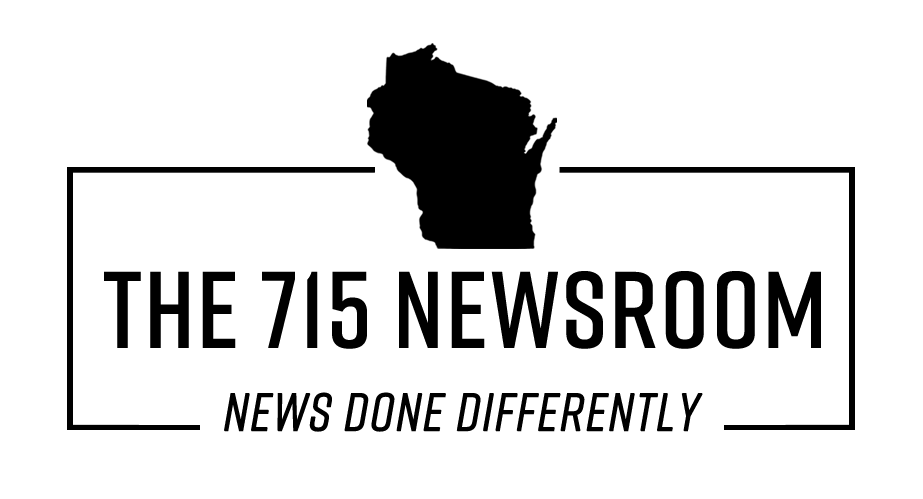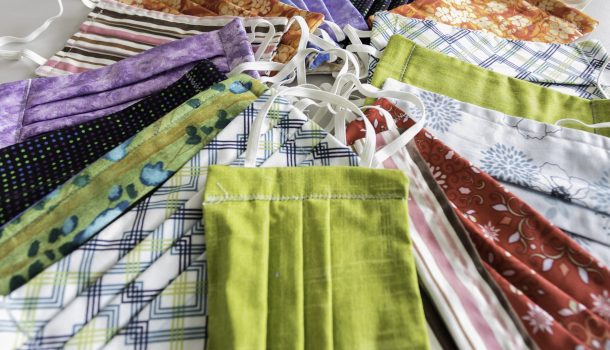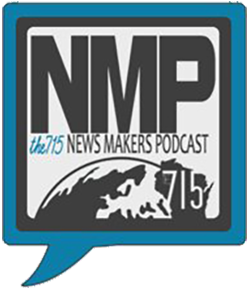The Centers for Disease Control and Prevention (CDC) and the U.S. Surgeon General recommend the practice of universal masking when in public and interacting with others. But most of us are new to this concept, so there are questions about HOW to best do this.
So, if you have a mask question, it’s best to ASK!
Universal masking, in addition to the practices of physical distancing and proper hygiene, helps to curb the spread of coronavirus disease 2019 (COVID-19). Prevea Health offers the following answers to some of the most frequently-asked-questions about universal masking.
What does “universal masking” mean?
It means that everyone (if able) should wear a mask. There are some exceptions, including children under the age of two, anyone who has trouble breathing, or is unconscious, incapacitated or otherwise unable to remove the mask without assistance.
What type of mask should I wear?
Medical-grade masks, such as surgical masks or N95s, should be reserved for medical personnel only during this critical time. Therefore, the CDC recommends cloth masks for community members. There are tutorials for making masks with and without a sewing a machine, here. Some tutorials call for the use of common items, such as t-shirts and bandanas, with no sewing required.
When should I wear a cloth mask?
You should wear your cloth mask if you must leave your home for any public setting such as a grocery store, gas station, pharmacy or other essential business. You should also wear it if you are interacting with anyone outside your home for any reason.
Will wearing a cloth mask prevent me from contracting COVID-19?
Wearing a cloth mask is not guaranteed to prevent you from contracting COVID-19, and it is important physical distancing (stay at least 6 feet from others) is still practiced while wearing one.
If wearing a cloth mask will not guarantee me full protection from COVID-19, then why is it important I wear one?
Studies show a significant portion of individuals infected with COVID-19 do not show symptoms, and that even those who eventually develop symptoms can transmit the virus before showing symptoms. Wearing a cloth mask can help to keep your respiratory secretions (where the virus can live) contained and prevent them from spreading to others. A mask can also prevent you from touching your nose and mouth, where the virus can easily be spread.
Should cloth masks be washed or cleaned?
Yes. They should be routinely washed in a washing machine, or with soap and water, depending on frequency of use.
How does one safely remove a used cloth mask?
Individuals should be careful not to touch their eyes, nose and mouth when removing their mask, and wash hands immediately after removing.


